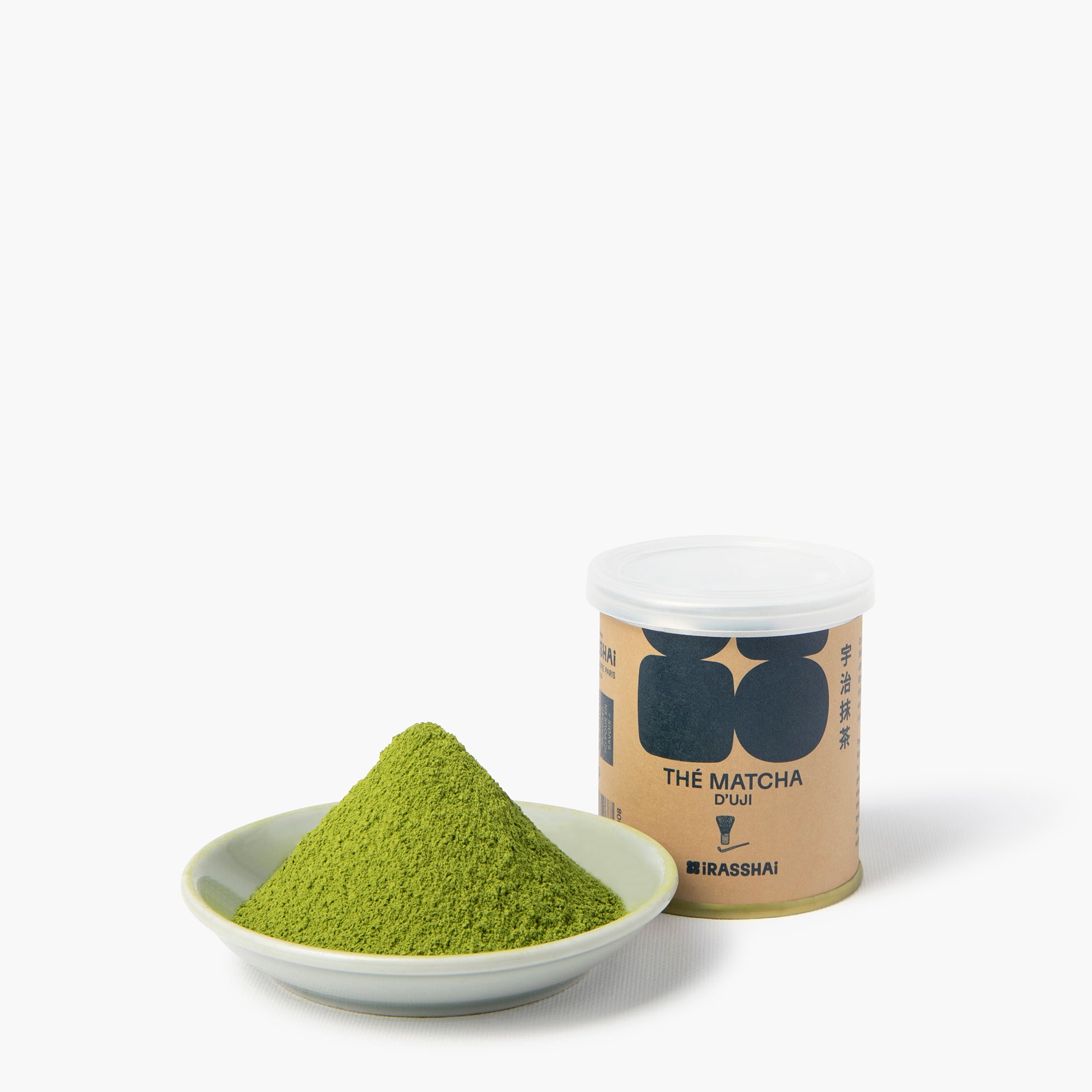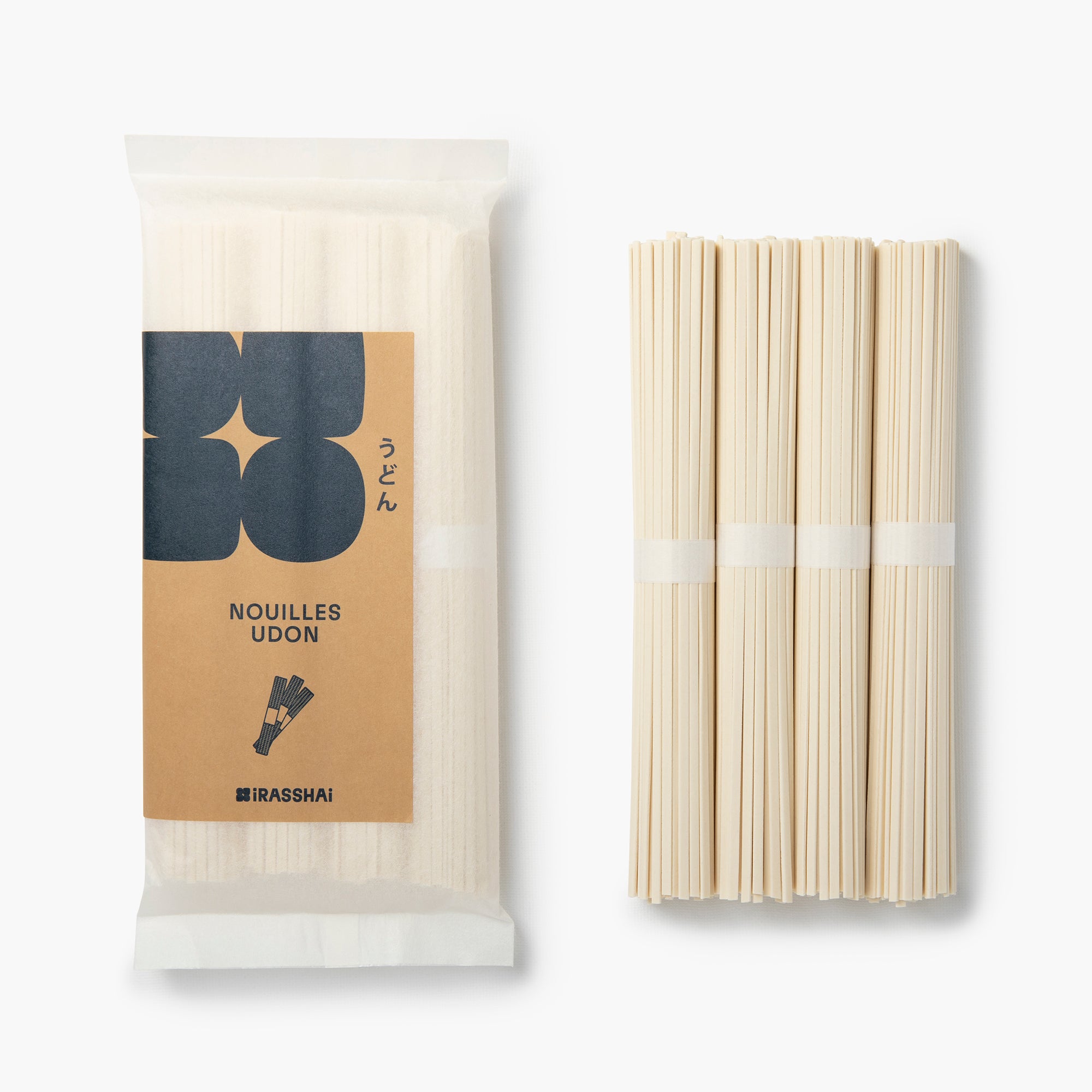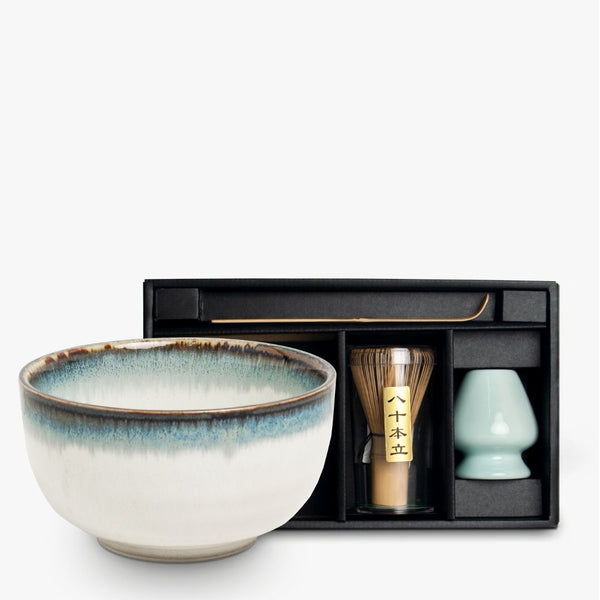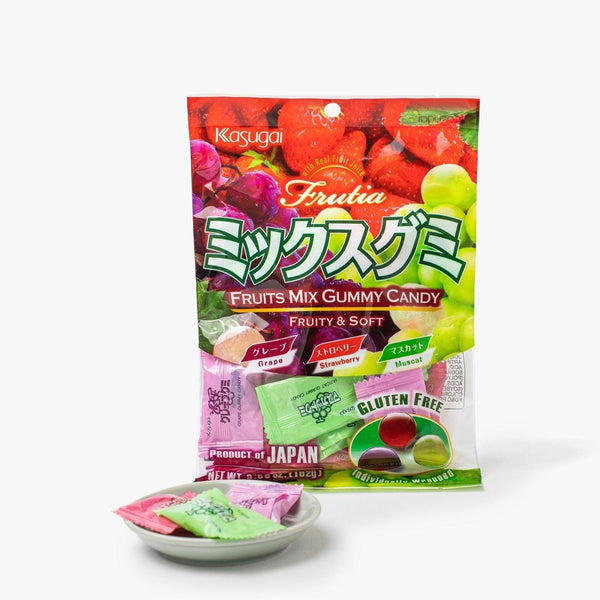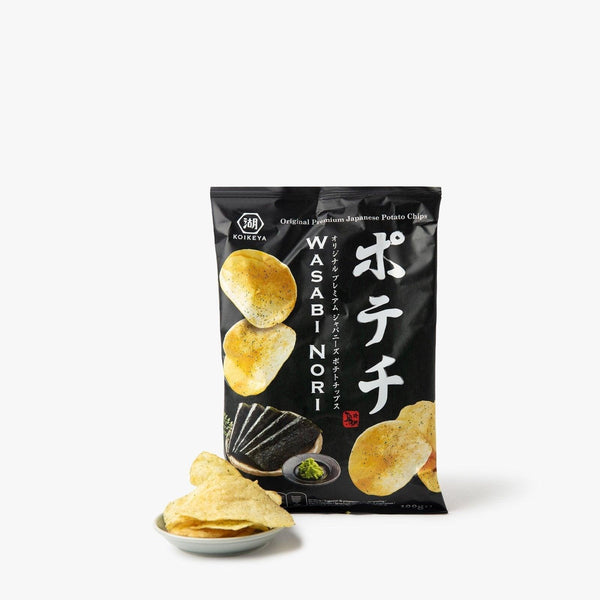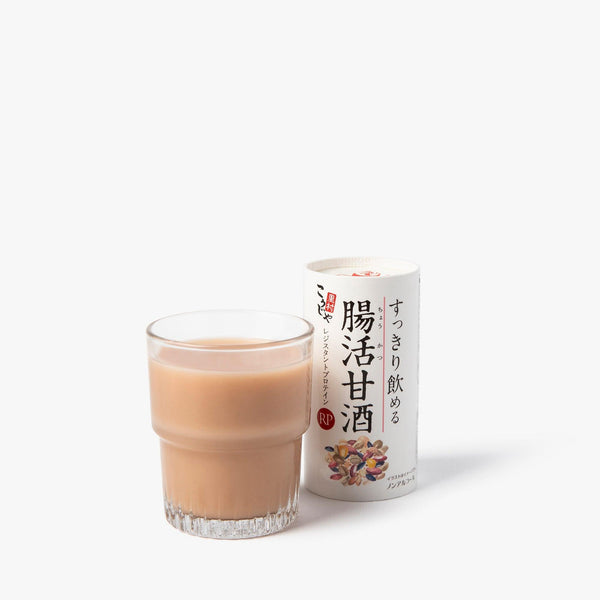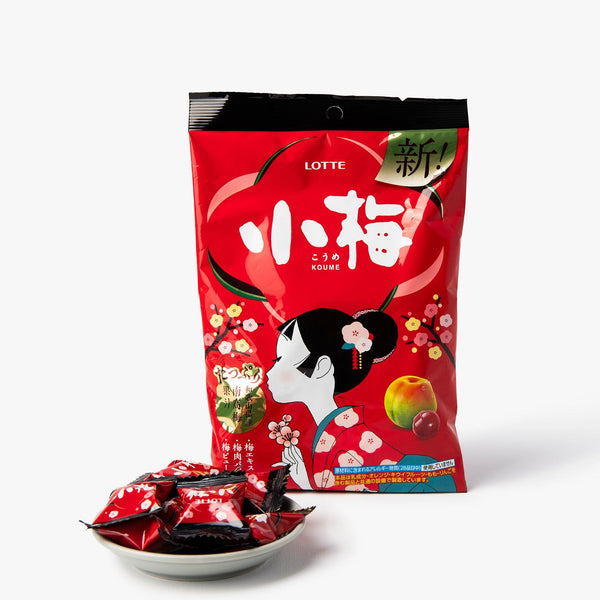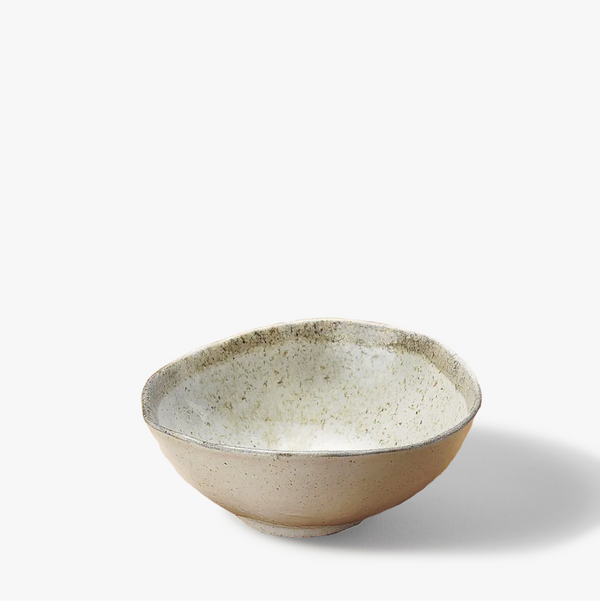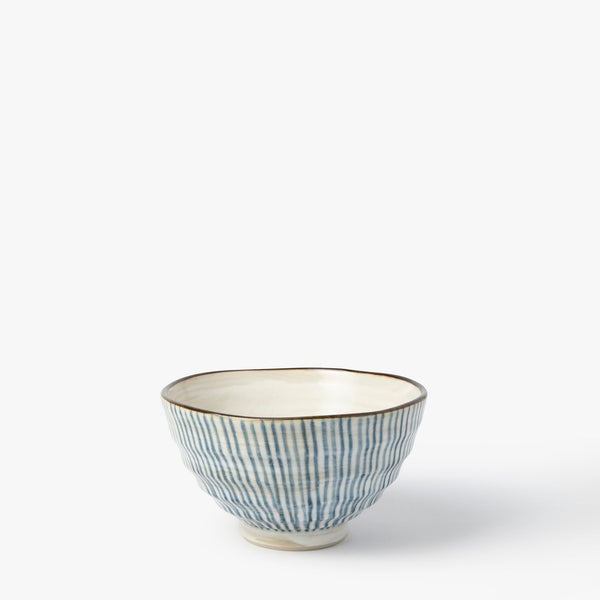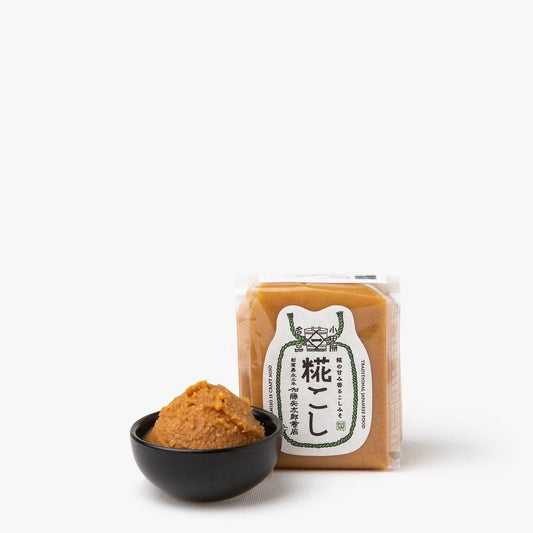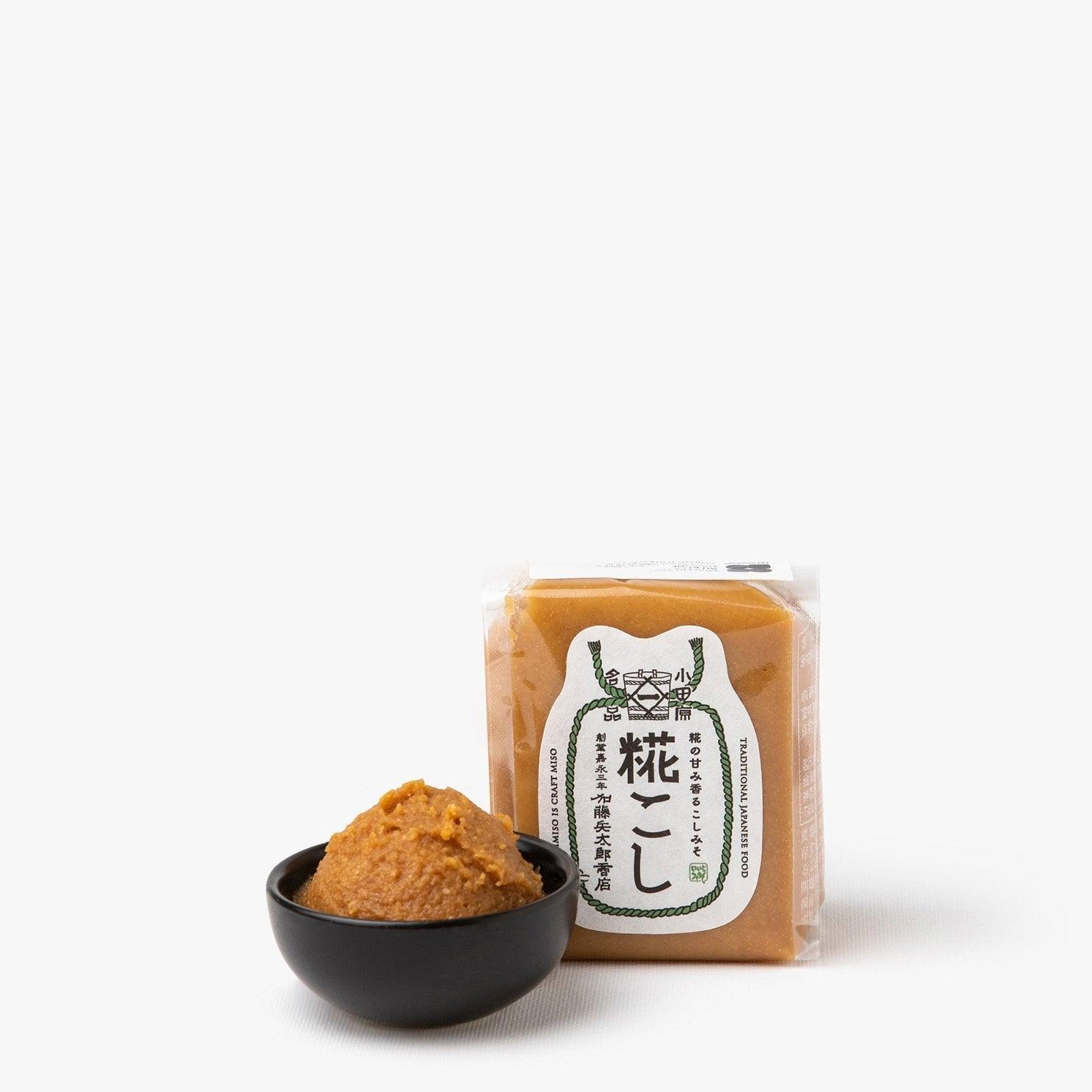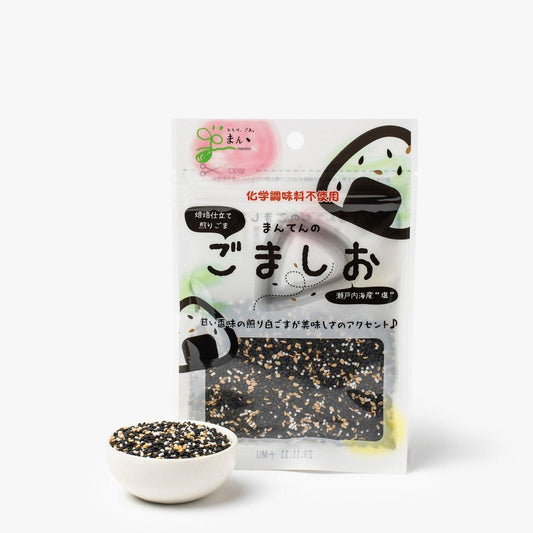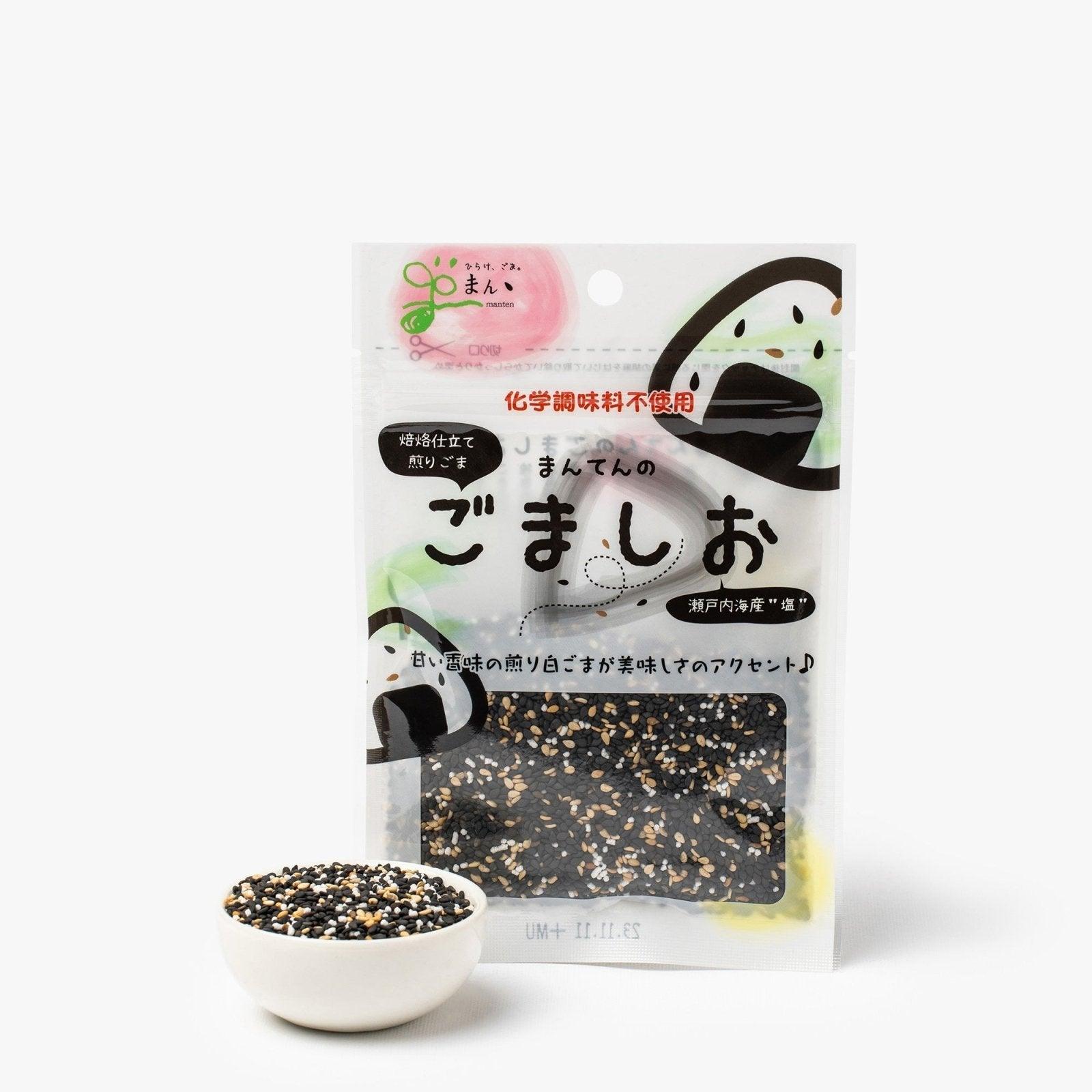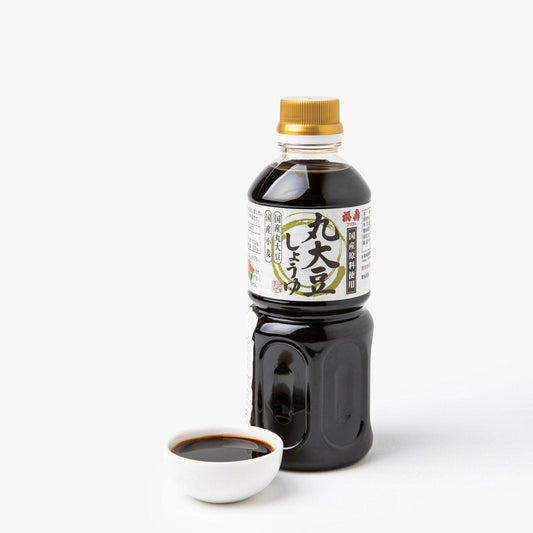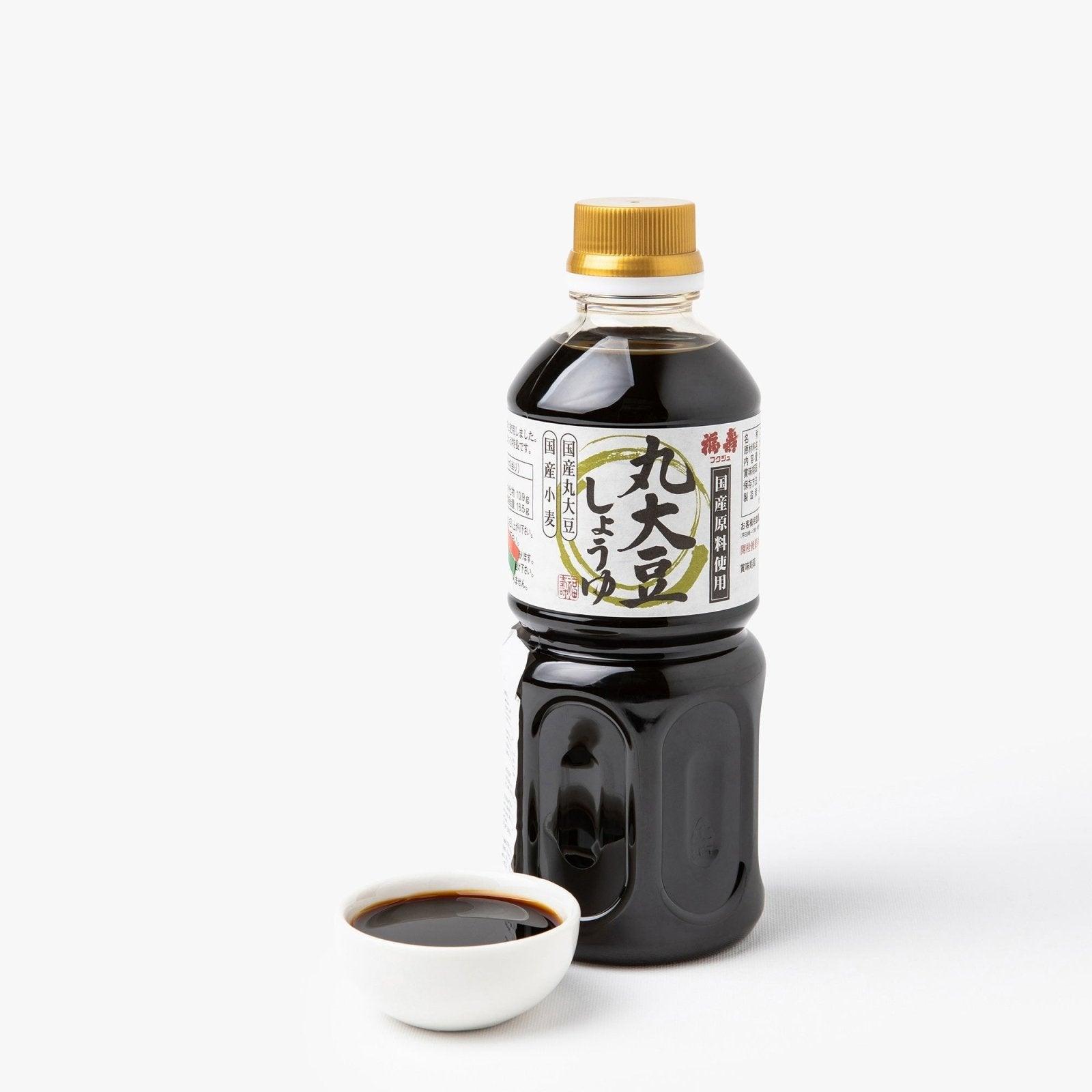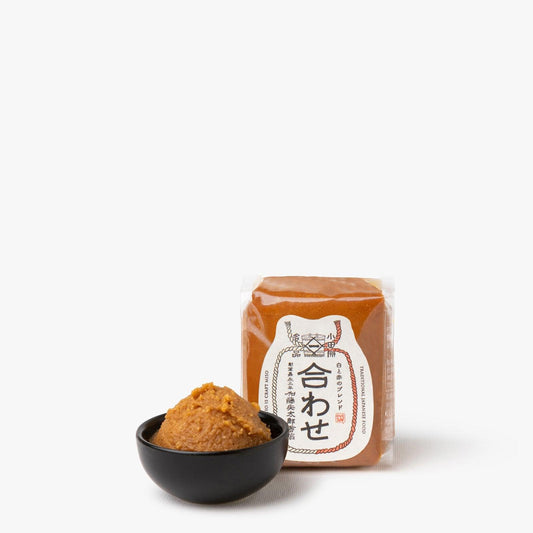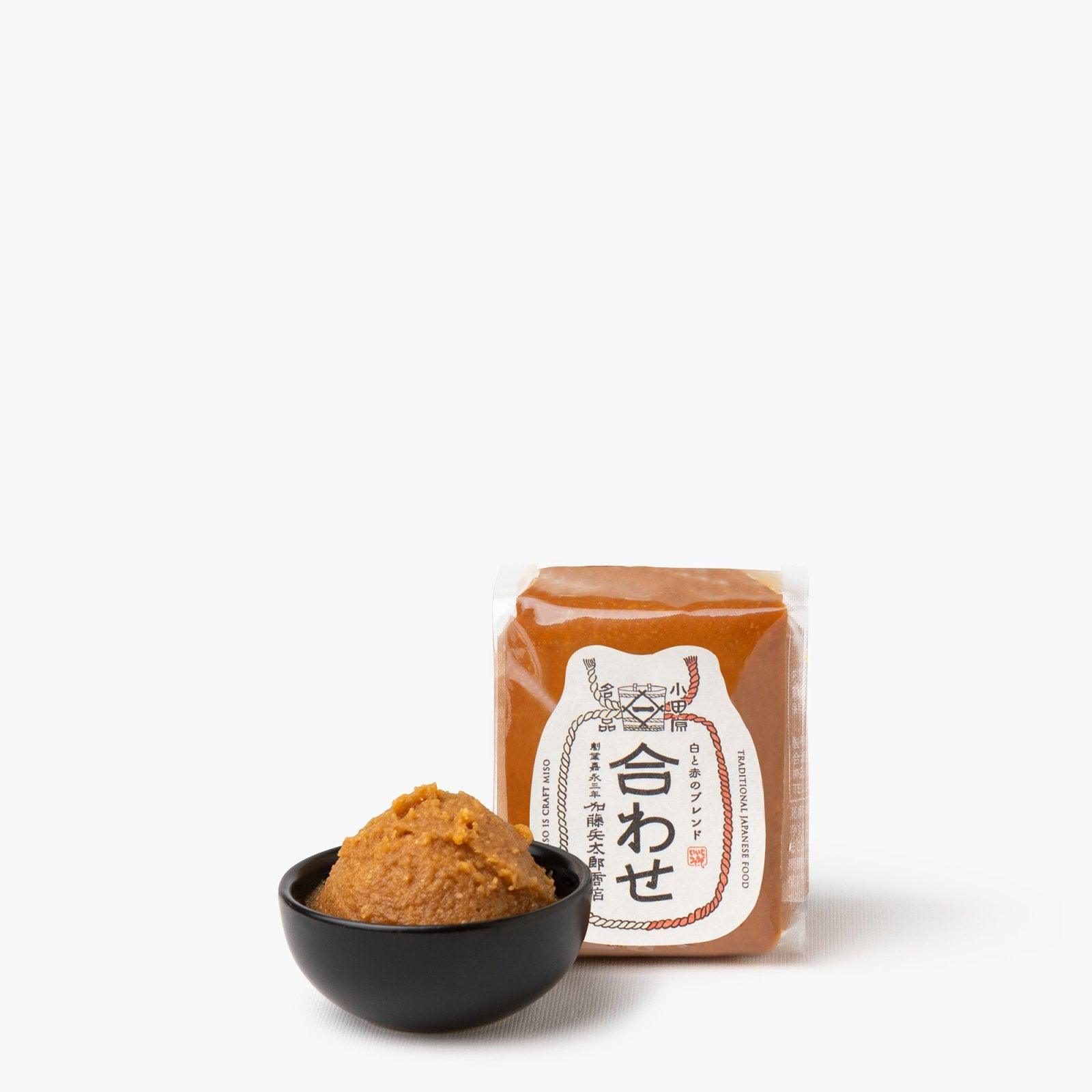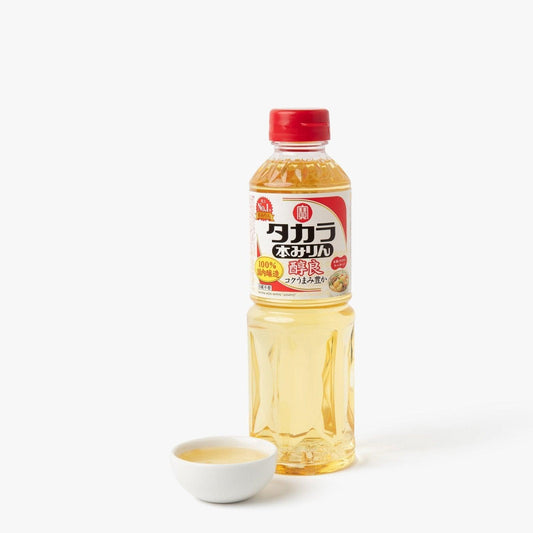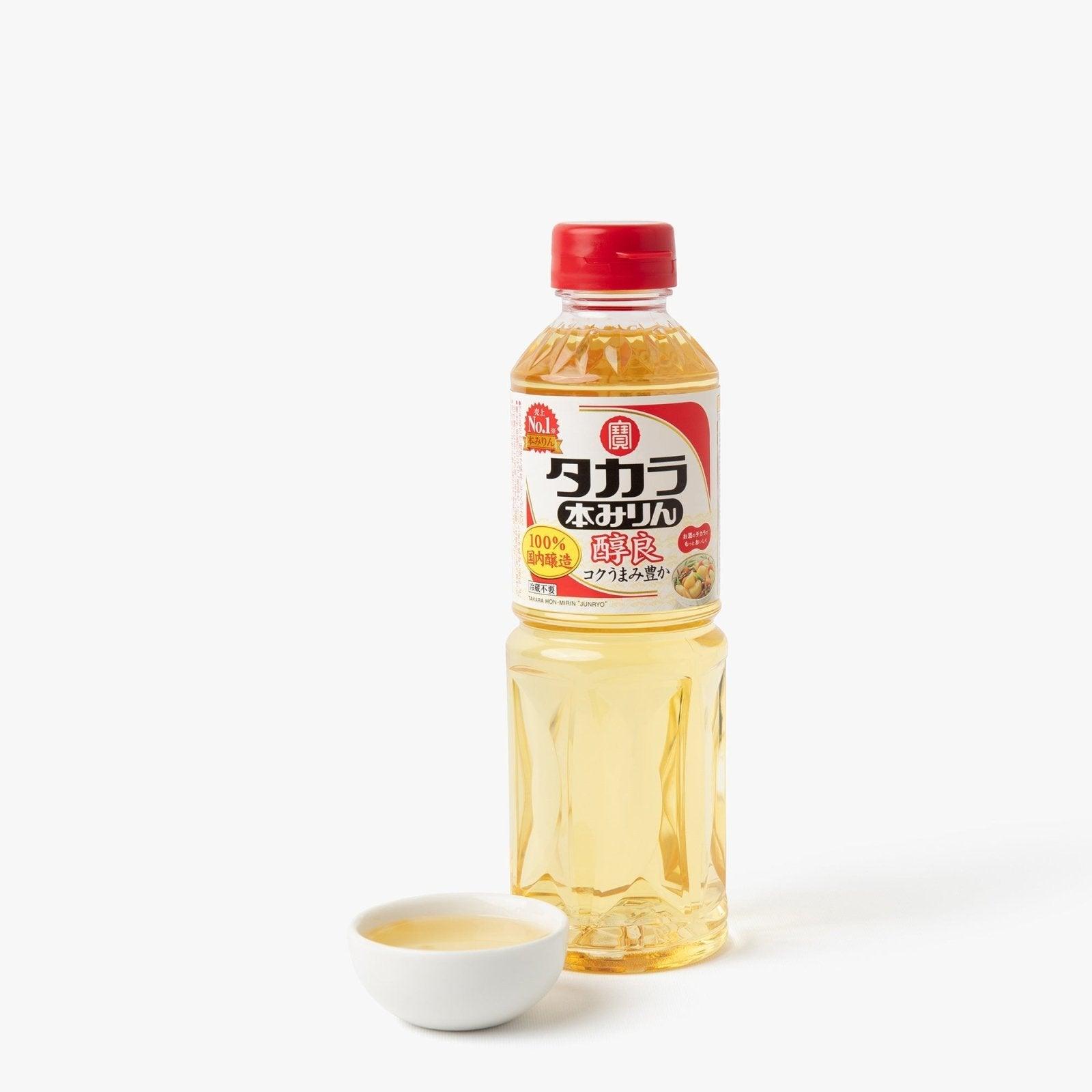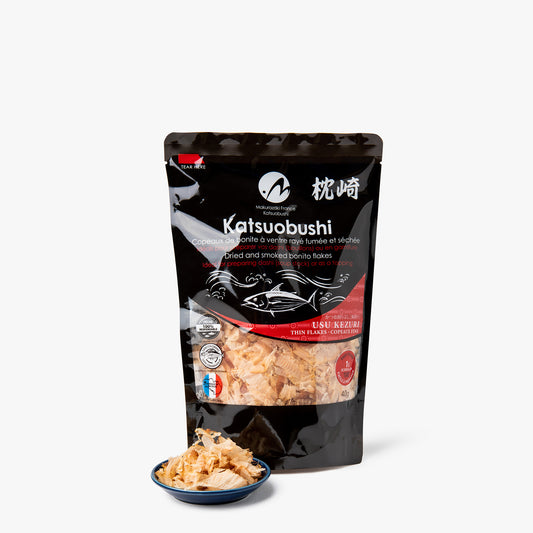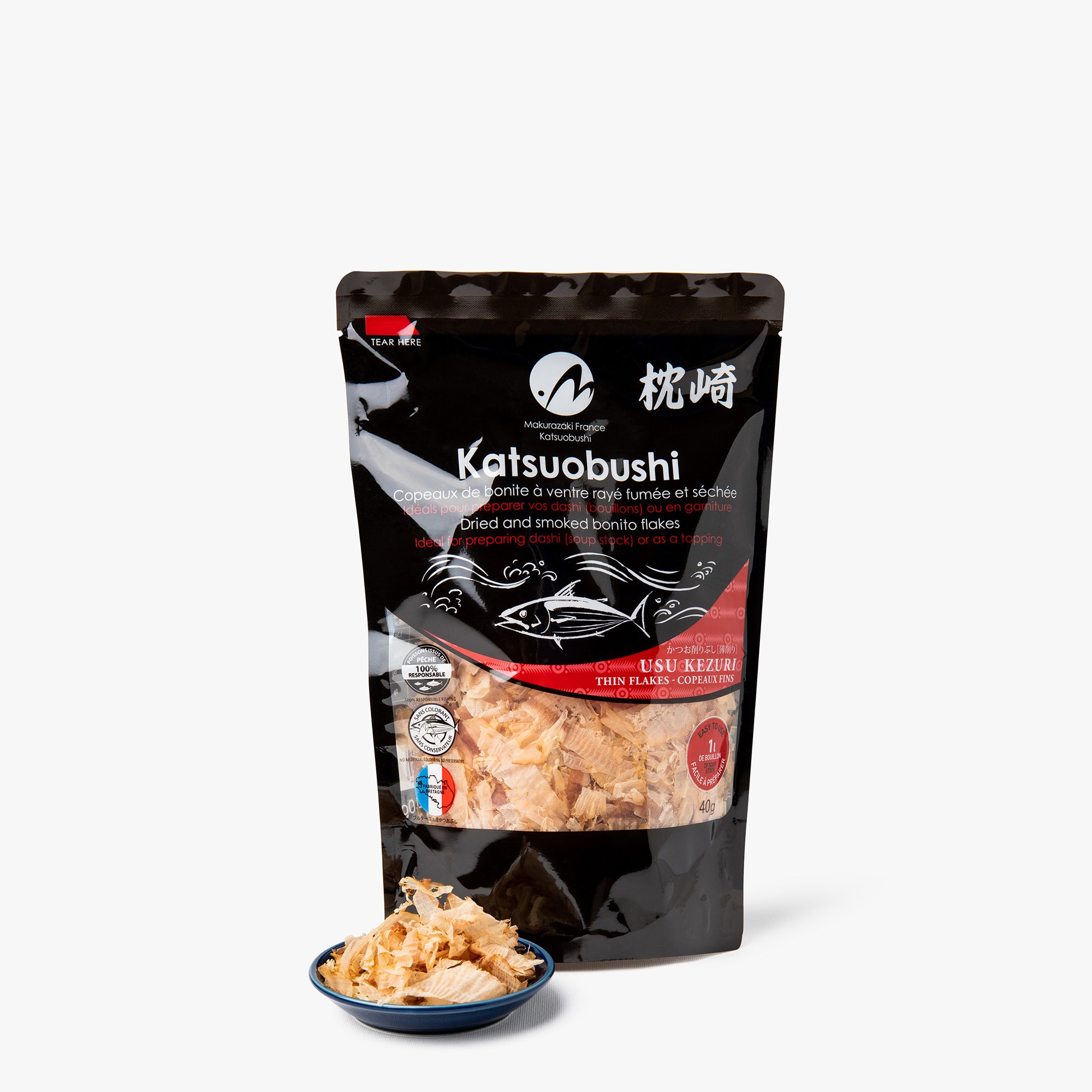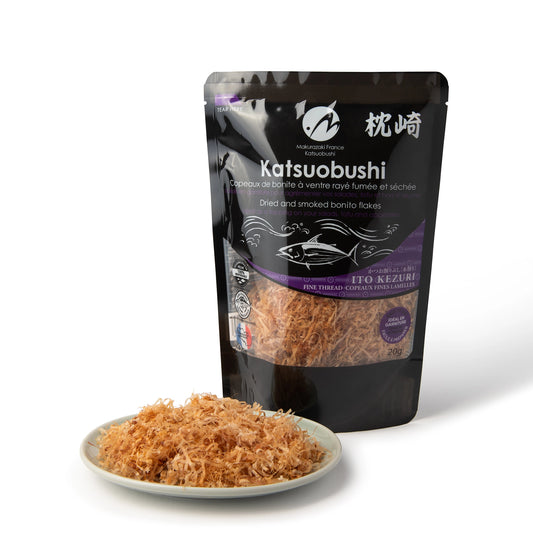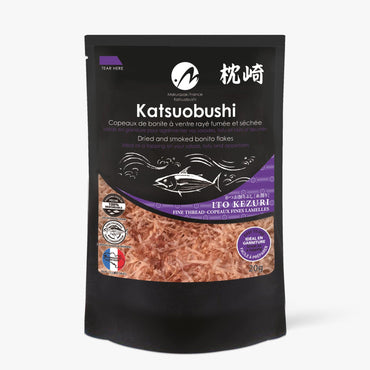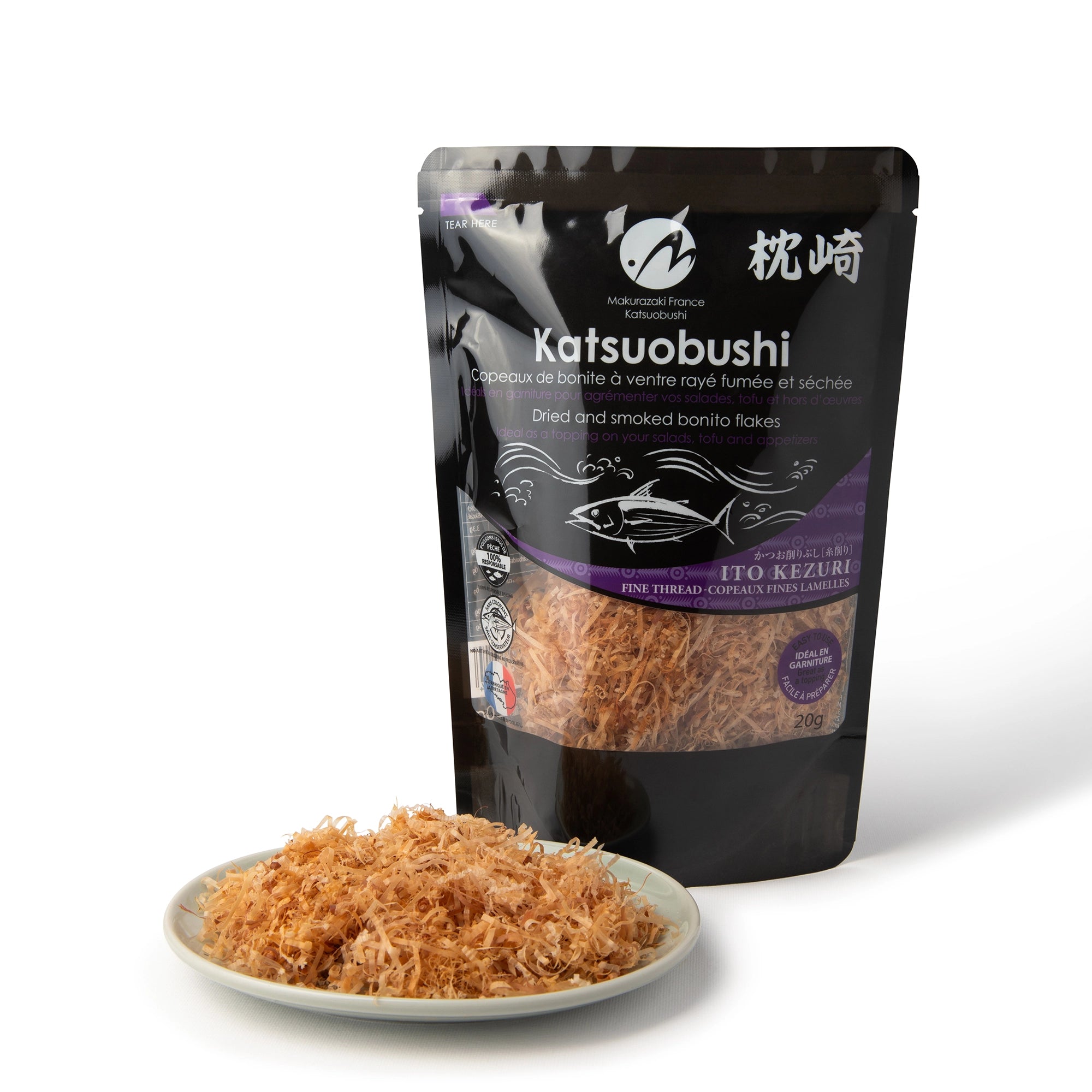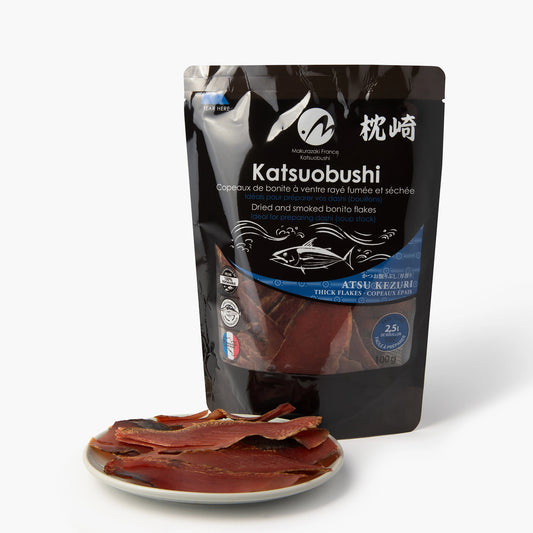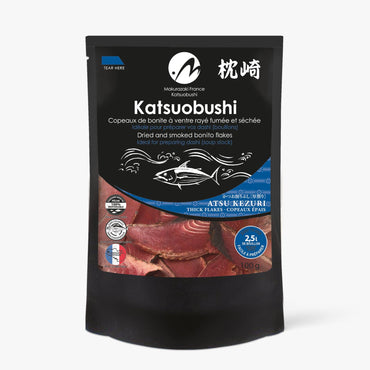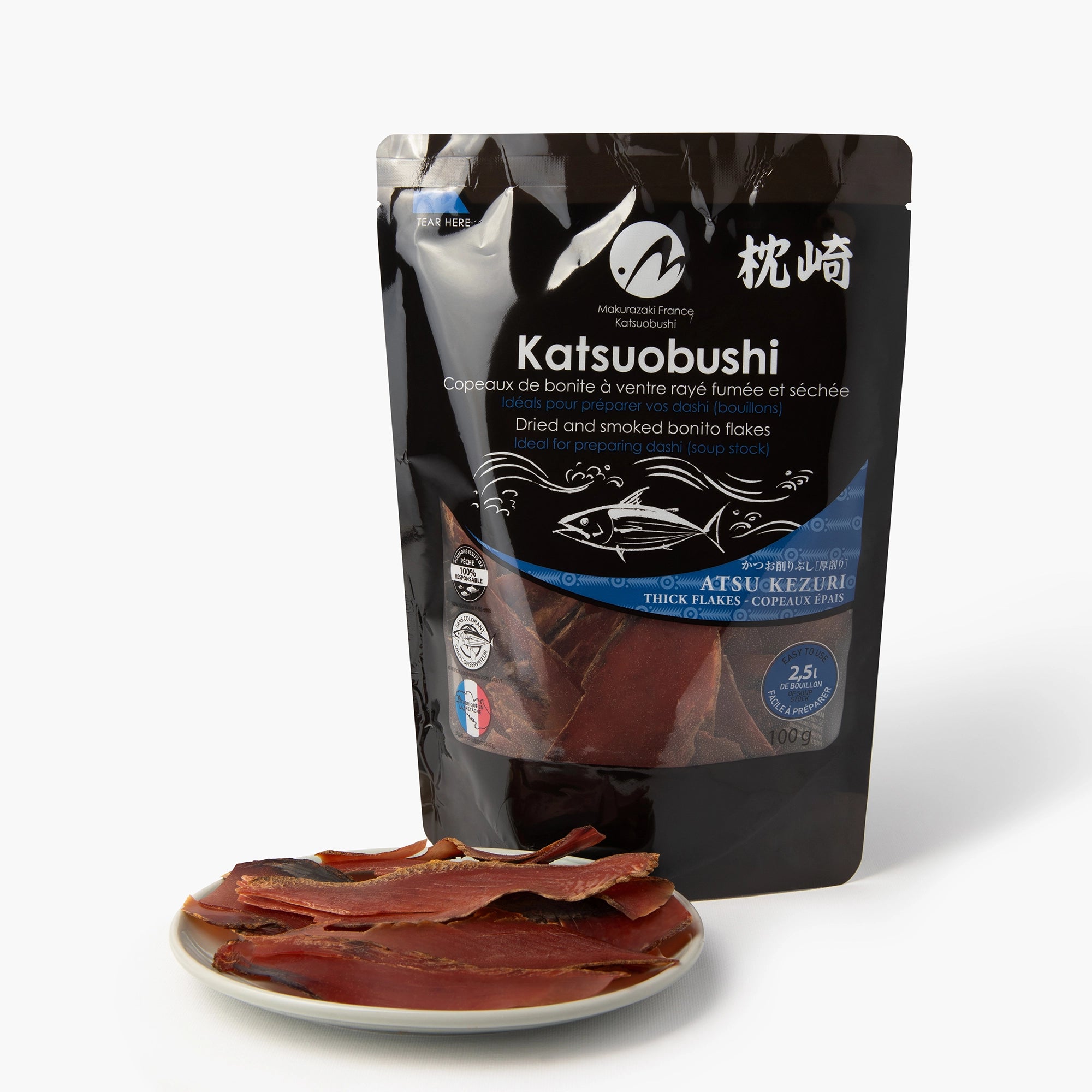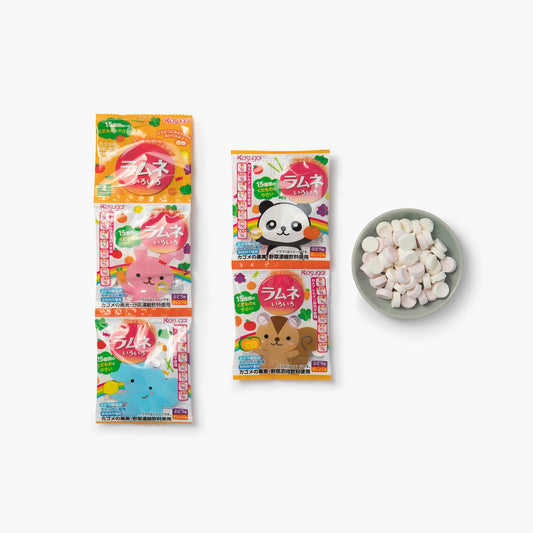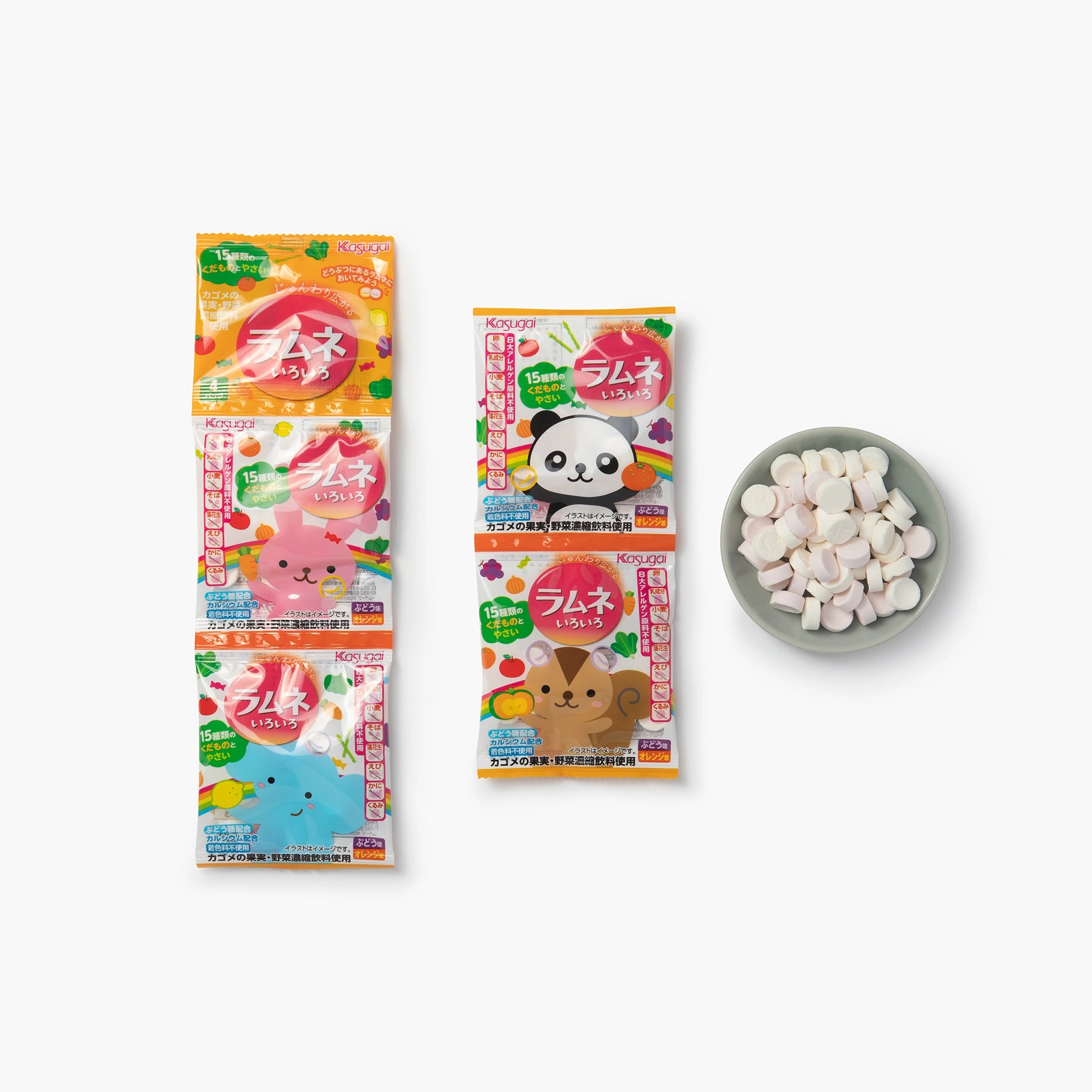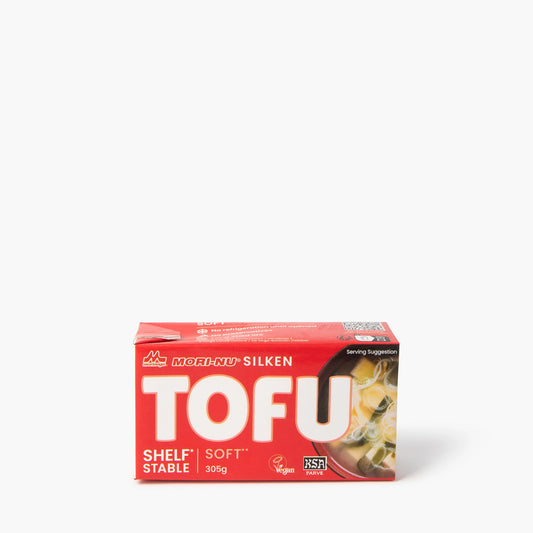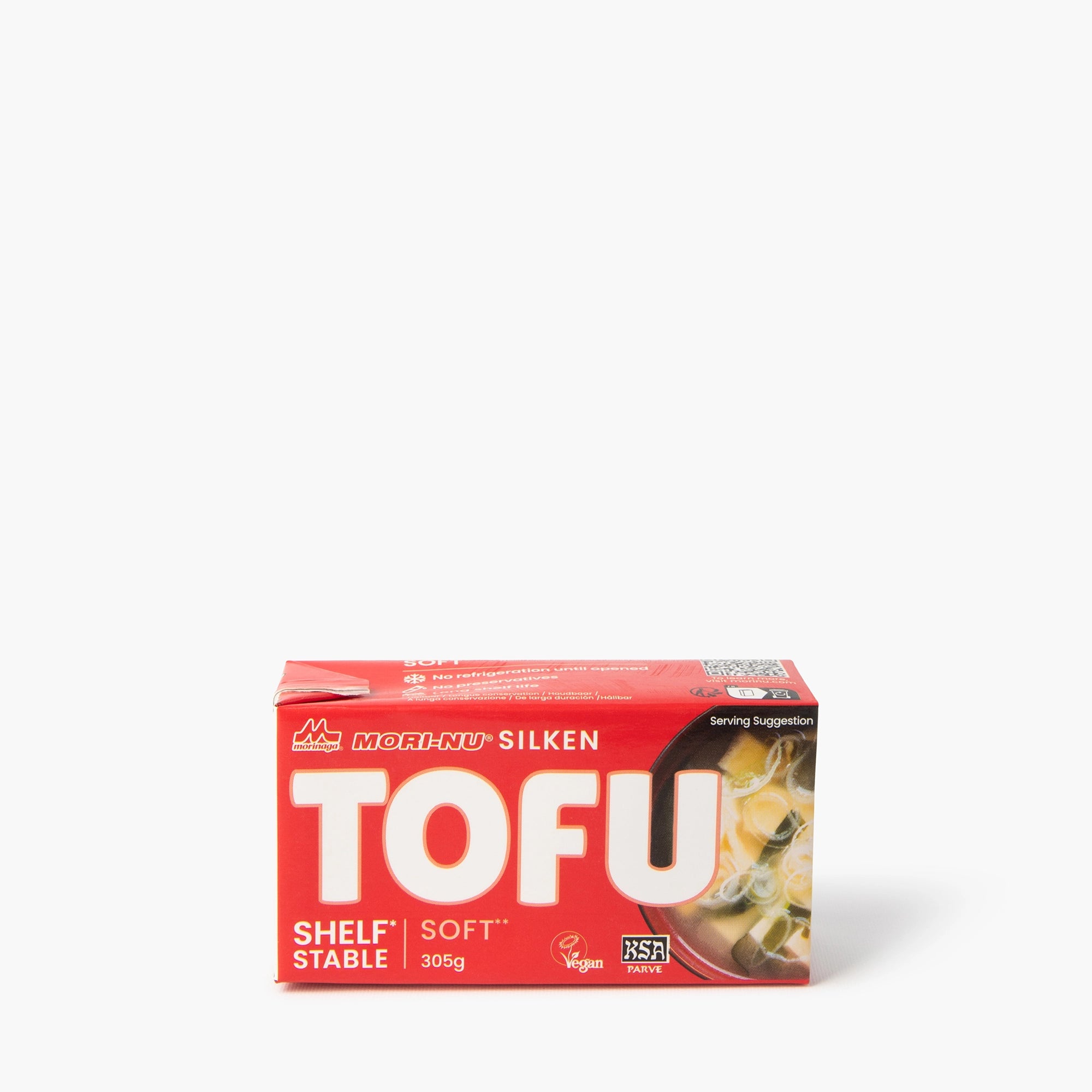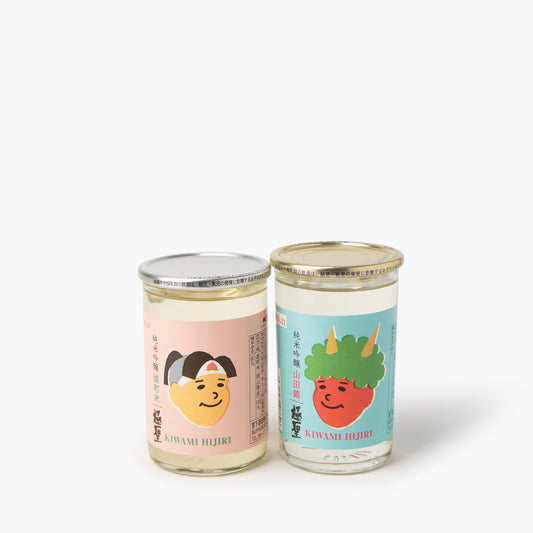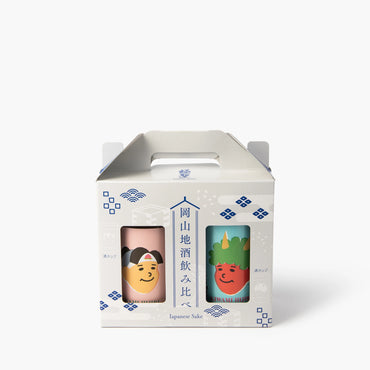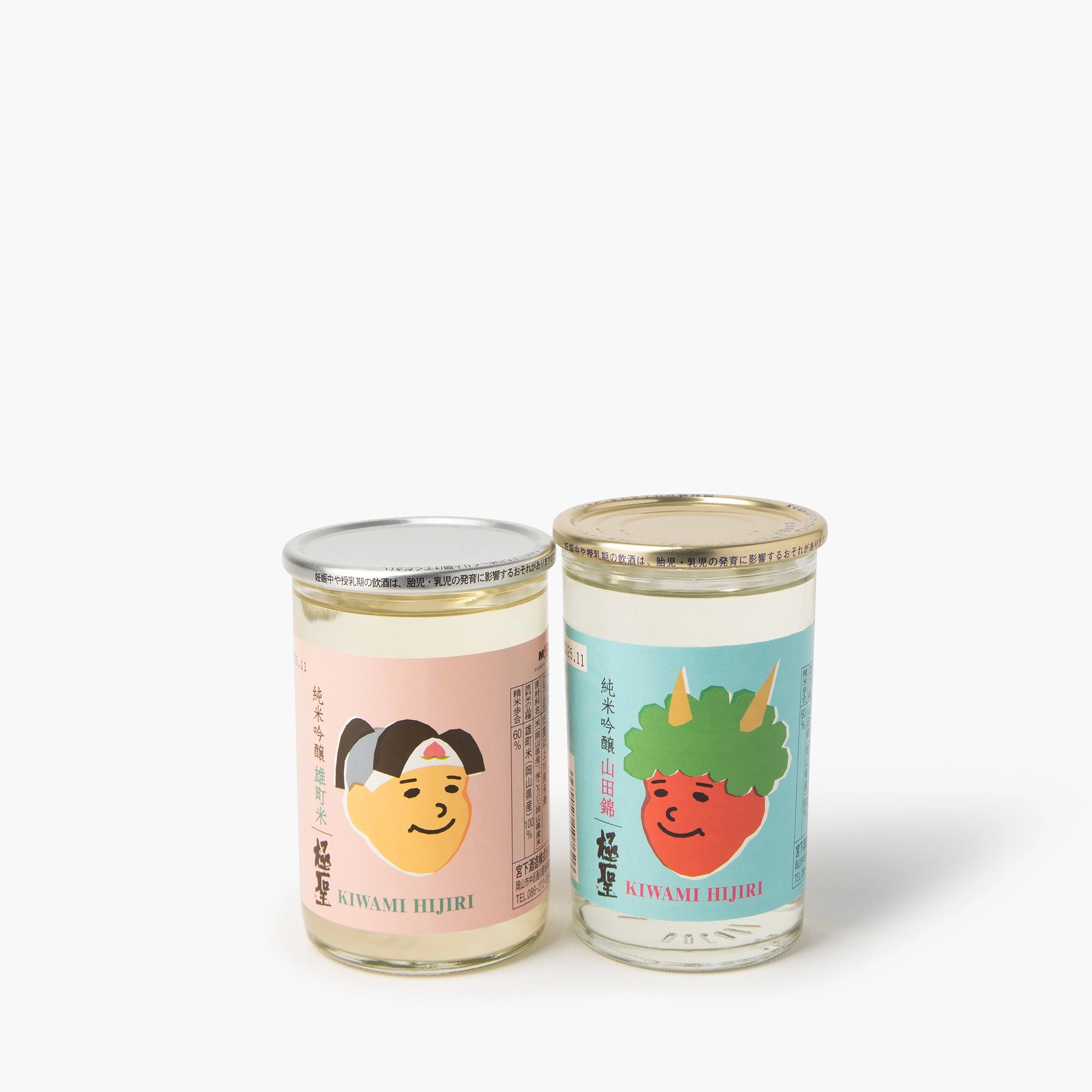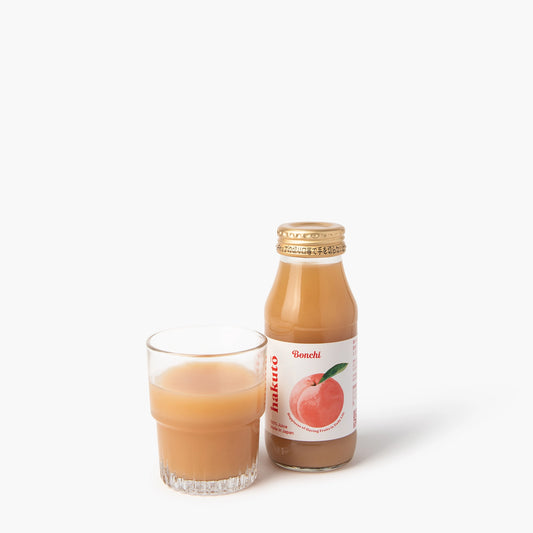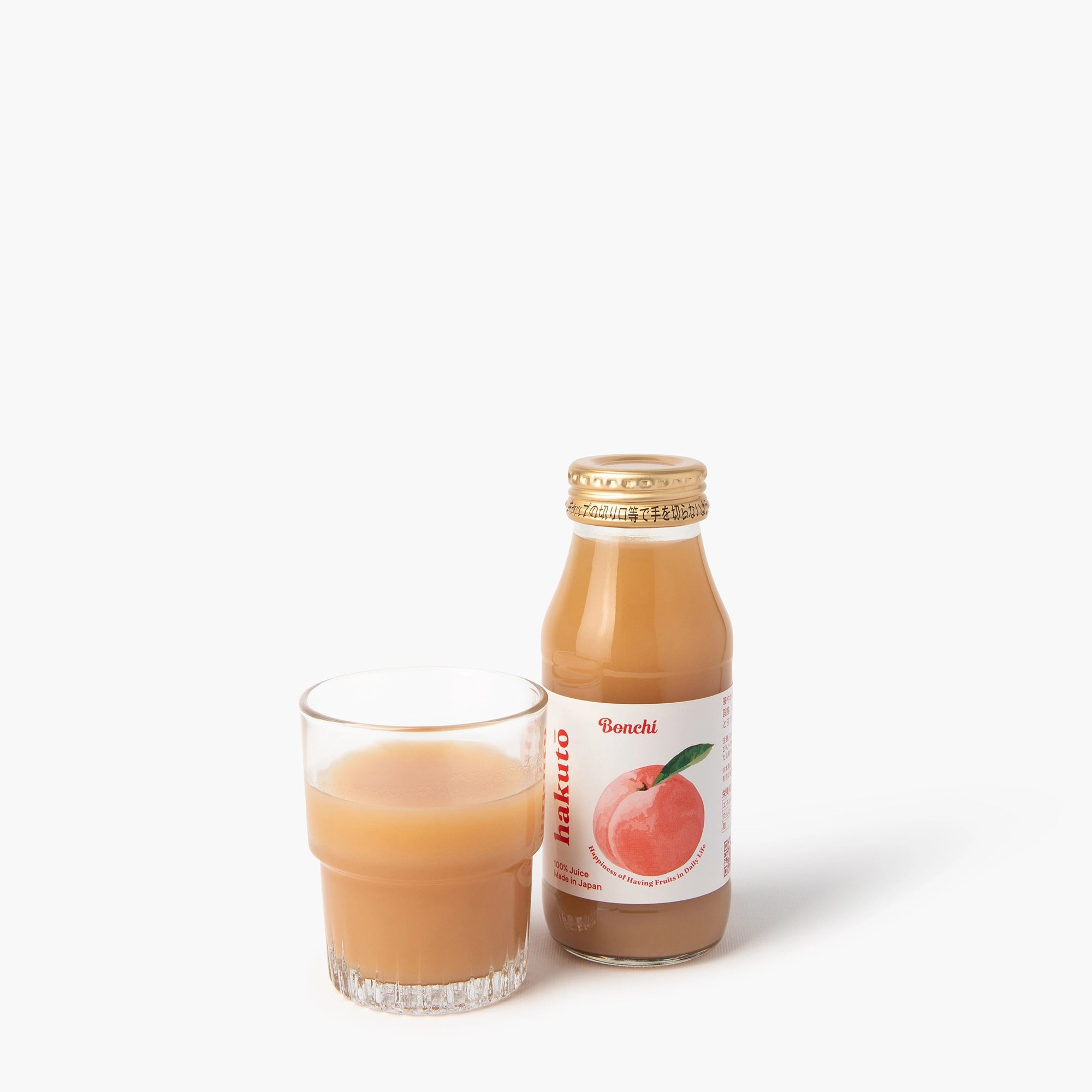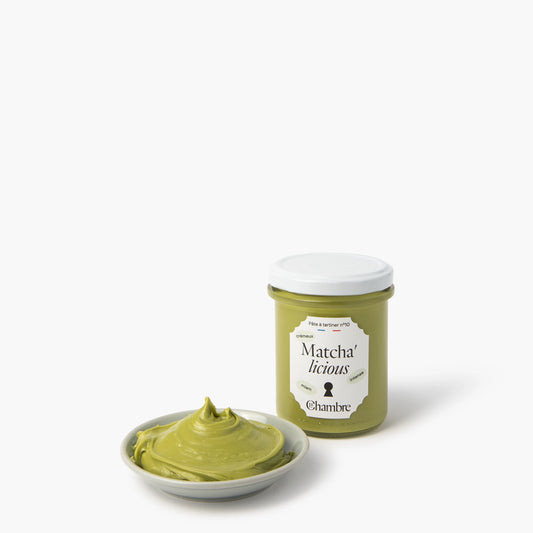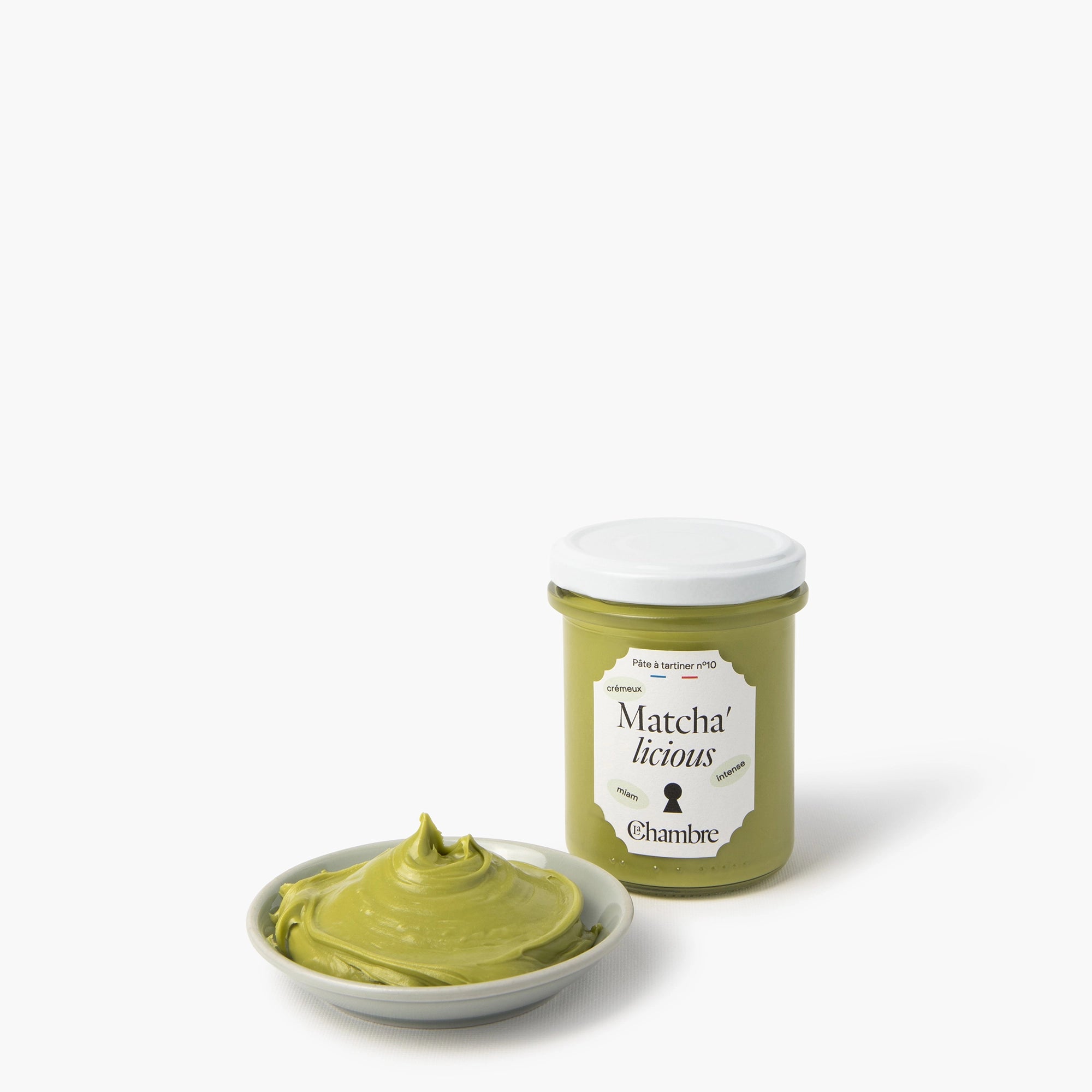Recipe Hijiki with carrots, konnyaku and tofu
Rated 5.0 stars by 2 users.
Category
Savoury, vegetarian, starter
Portion
4 portions
Preparation time
15 minutes
Hijiki seaweed, less well-known than nori, wakame and kombu, is a Japanese seaweed found on the rocky coasts of Japan. It is mainly cooked in a pan with a sweet and sour sauce.
In this recipe, hijiki is cooked as a salad with carrots, tofu and konjac (konnyaku).
You can also vary the recipes with other vegetables such as cucumber or daikon. seaweeds is also delicious with rice.
Clémence Sahuc

Ingredients
Instructions
Rinse hijiki seaweed thoroughly in cold water, then leave to soak in a bowl of water for around 30 minutes to rehydrate. Once rehydrated, drain, then press gently between your hands to remove excess moisture. Place on absorbent paper to dry completely.
Peel the carrot, then cut into thin strips about 3 cm long and 5 mm thick to cook evenly.
Cut the konnyaku into thin strips 3 cm long and 5 mm thick. Lightly salt and let stand for 5 minutes.
Blanch the konjac in boiling water for 30 seconds, then drain in a colander.
Place the fried tofu in boiling water for a few seconds to remove excess fat. Drain and press lightly to remove the water, then cut into strips 3 cm long and 5 mm thick.
Cooking
Heat the sesame oil in a large saucepan or frying pan over medium heat. First add the carrot strips and sauté for 1-2 minutes until they begin to soften.
Then add the fried tofu pieces and let them brown lightly for 2 minutes, making sure they are well coated with oil.
Add the hijiki, followed by the konnyaku. Gently mix all the ingredients so that they are well coated with the sesame oil and begin to blend harmoniously.
When all the ingredients are well coated with sesame oil, stir in the dashi and sake.
Cover with an otoshi-buta (typical Japanese lid) or, failing that, with a sheet of aluminum foil the size of the pan, making sure it is in contact with the food.
The cooking liquid should rise a little around the edges.
Simmer over medium heat for about 15 minutes, until the carrots are tender but still slightly crunchy.
When the carrot is cooked, add the sugar and mirin. Simmer for a further 5-7 minutes, until the liquid has reduced by half and the sauce is slightly syrupy. Finally, add the soy sauce and cook for a few more minutes.
Once cooking is complete and the liquid has almost completely evaporated, your dish is ready to serve.
Arrange the hijiki, carrots, konnyaku and tofu on plates and serve hot, accompanied by a little Japanese white rice for a complete meal. You can also add a touch of toasted sesame seeds or green onions for added freshness and crunch.
Recipe notes
In Japan, it is said that a diet based onseaweeds you live longer. seaweeds nori, wakame, kombu, hijiki, etc.) is rich in calcium, magnesium, and antioxidants, which help eliminate toxins from the body.
LE MIRIN
This is a sweet rice wine, which is one of the key ingredients in Japanese cuisine! Its taste is similar to sake, but it has a lower alcohol content.
There are 3 types to choose from:
Hon mirin, which contains 14% alcohol and is fermented for 40 to 60 days.
Shio mirin, which contains 1.5% salt or more.
Shin mirin, with only 1% alcohol.
It's used in most Japanese recipes to season meats, noodle dishes, salads and much more!
Our recommendations for this recipe:
Japanese cooking essentials
-
White miso with koji from Hakone ⋅ Kato Heitaro shoten ⋅ 200g
Regular price 5.50 €Prix promotionnel 5.50 € Regular pricePrice per unit 27.50 € / per kg -
Roasted black and white sesame seeds with gomashio salt ⋅ Manten ⋅ 30g
Regular price 2.65 €Prix promotionnel 2.65 € Regular pricePrice per unit 88.33 € / per kg -
Artisanal balanced soy sauce ⋅ Asarisasuke Shoten ⋅ 500ml
Regular price 6.25 €Prix promotionnel 6.25 € Regular pricePrice per unit 12.50 € / per l -
Hakone Awase miso blend of white and red miso ⋅ Kato Heitaro shoten ⋅ 200g
Regular price 5.50 €Prix promotionnel 5.50 € Regular pricePrice per unit 27.50 € / per kg -
Honmirin ⋅ Takara Shuzo ⋅ 13% ⋅ 500ml
Regular price 9.70 €Prix promotionnel 9.70 € Regular pricePrice per unit 19.40 € / per l -
Katsuobushi dried bonito chips ⋅ Makurazaki ⋅ 40g
Regular price 9.50 €Prix promotionnel 9.50 € Regular pricePrice per unit 237.50 € / per kg -
Tatsuno Smoked Soy Sauce ⋅ Suehiro Soy Sauce ⋅ 100ml
Regular price 8.10 €Prix promotionnel 8.10 € Regular pricePrice per unit 81.00 € / per l -
White rice milky queen from Toyama ⋅ Nanohana ⋅ 1kg
Regular price 19.50 €Prix promotionnel 19.50 € Regular pricePrice per unit 19.50 € / per kg
The latest arrivals
-
Bonito filaments katsuobushi ⋅ Makurazaki ⋅ 20g
Regular price 8.90 €Prix promotionnel 8.90 € Regular pricePrice per unit 445.00 € / per kg -
Thick katsuobushi bonito chips ⋅ Makurazaki ⋅ 100g
Regular price 17.30 €Prix promotionnel 17.30 € Regular pricePrice per unit 173.00 € / per kg -
Ramune candies in garland bag ⋅ Kasugai ⋅ 28g
Regular price 2.60 €Prix promotionnel 2.60 € Regular pricePrice per unit 92.86 € / per kg -
Silken tofu ⋅ Morinaga ⋅ 305g
Regular price 3.50 €Prix promotionnel 3.50 € Regular pricePrice per unit 11.48 € / per kg -
Strong Zero Lemon ⋅ 9% ⋅ 350ml
Regular price 4.50 €Prix promotionnel 4.50 € Regular pricePrice per unit 12.86 € / per l -
Okayama no Chi Junmai Ginjo Sake Gift Set ⋅ 15.5% ⋅ 360ml
Regular price 21.90 €Prix promotionnel 21.90 € Regular pricePrice per unit 60.83 € / per l -
Pure peach juice from Yamanashi ⋅ Bonchi ⋅ 180ml
Regular price 5.90 €Prix promotionnel 5.90 € Regular pricePrice per unit 32.78 € / per l -
Matchalicious spread ⋅ La chambre ⋅ 200g
Regular price 14.50 €Prix promotionnel 14.50 € Regular pricePrice per unit / per



